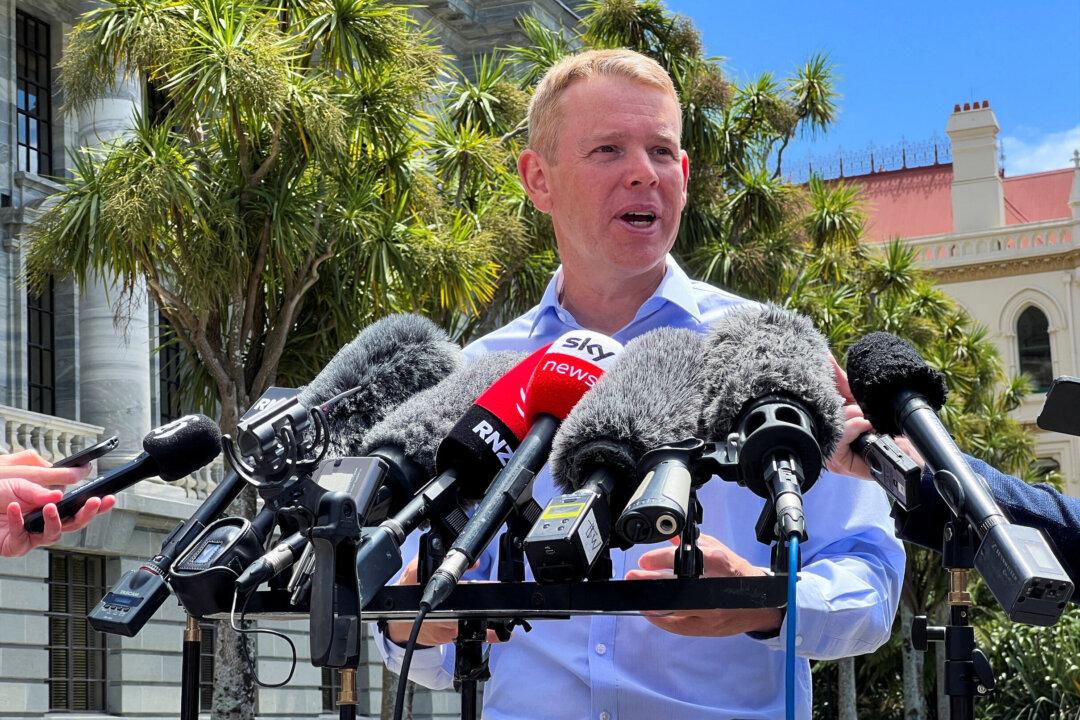Chris Hipkins on Wednesday pledged to make the cost of living his “first priority” after he was sworn in as New Zealand’s 41st prime minister following the abrupt resignation of Jacinda Ardern last week.
“New Zealanders will absolutely see in the coming weeks and months that cost of living is right at the heart of our work program,” Hipkins told reporters after his first Cabinet meeting.





